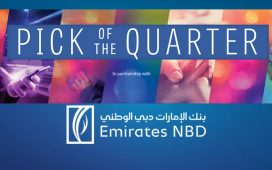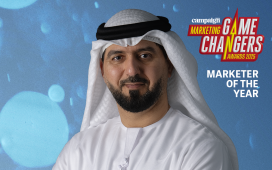Because of the Covid-19 pandemic, the challenge of remote working has become a reality for many journalists, with a particular set of impacts for female journalists. Regardless of the redefined concept of a workplace that extends to include the luxury of our living space, there is a burden to working online that affects women in unconventional ways. The situation for female workers became more precarious, threats such as intimidation, discrimination, sexual harassment, misogyny, hate speech, trolls, among other forms of online abuse became more prevalent.
Are you saying the right thing to the right people in the right place? Join us at the next Campaign Online Briefing: Cross-Platform Marke
“I Will Not Stay Silent”: Working for a better and more equitable workplace for journalists in MENA
To continue reading this article you need to be registered with Campaign. Registration is free and only takes a minute. Register Now or sign in below if you already have an account.









